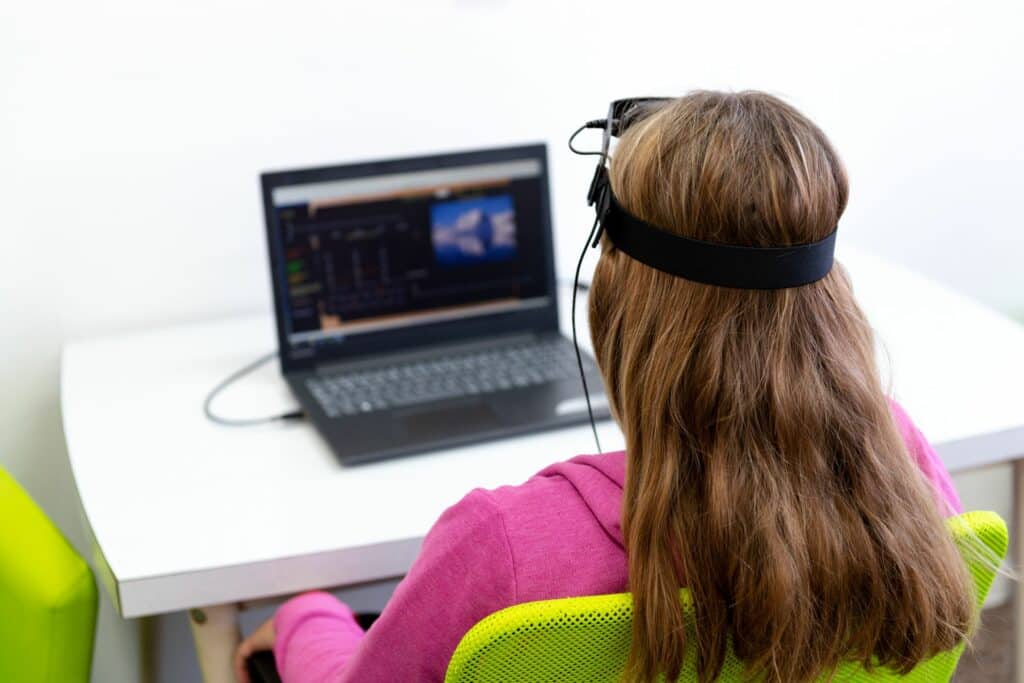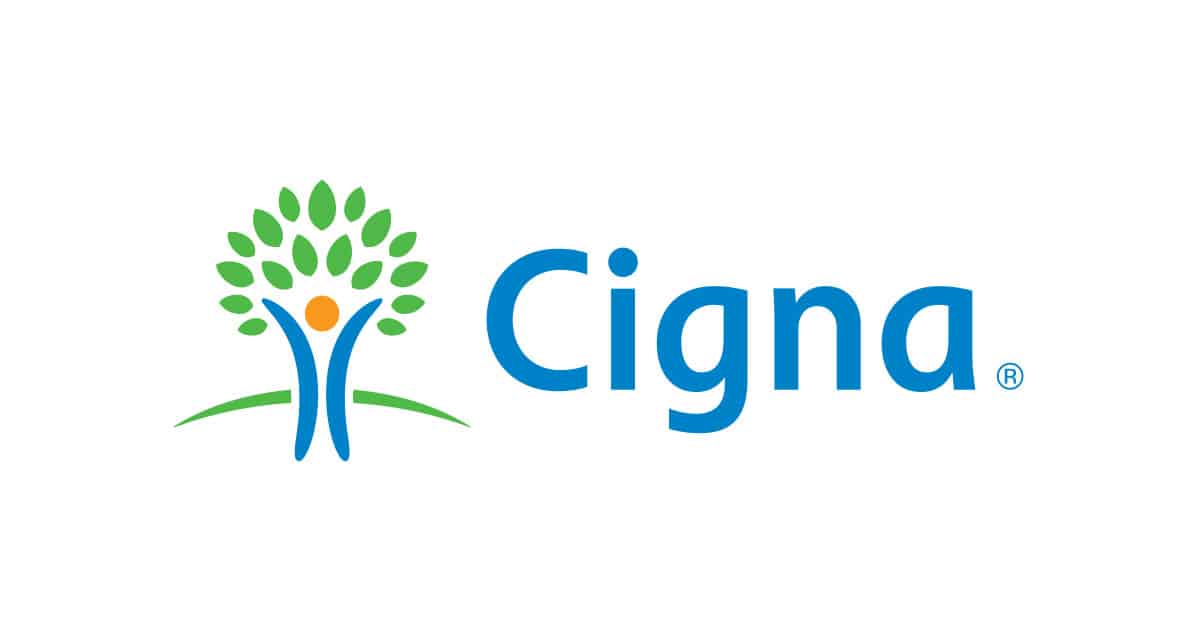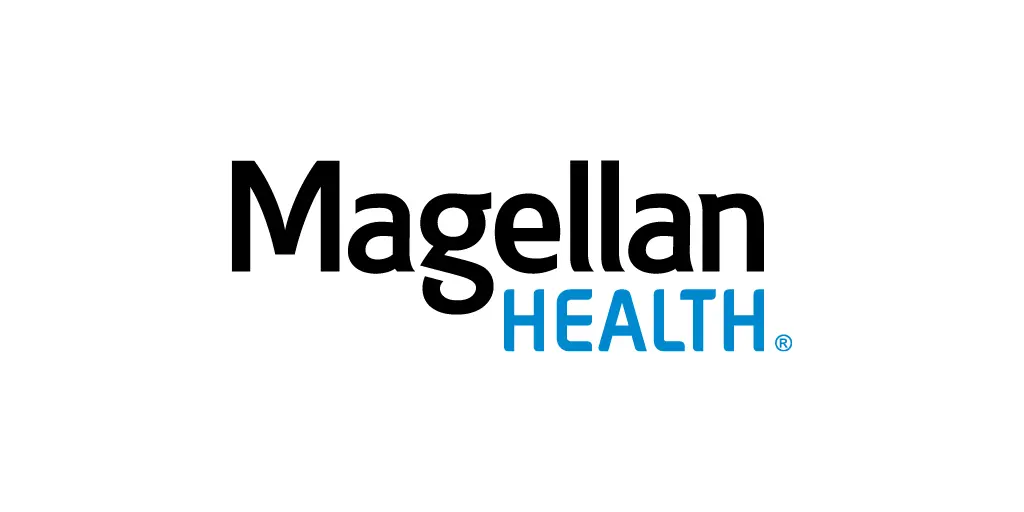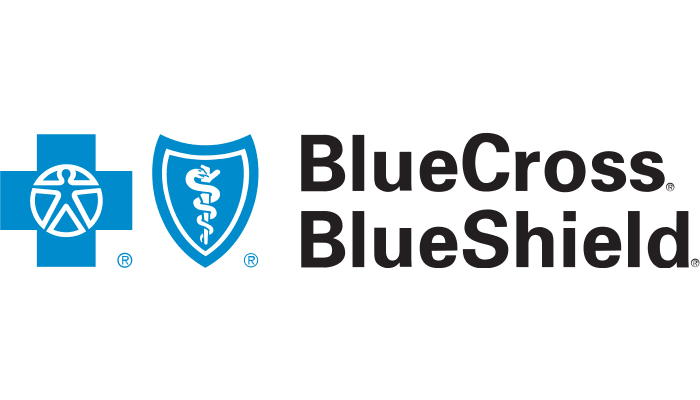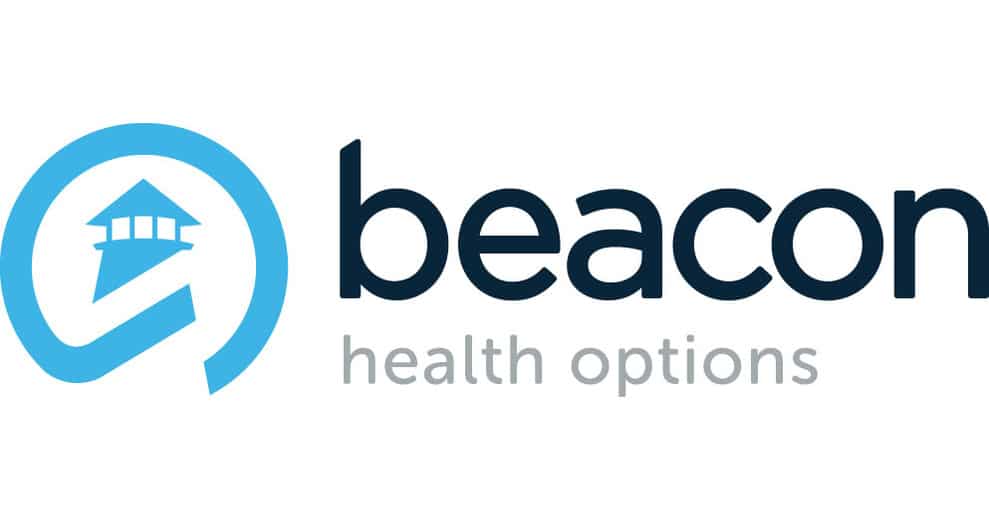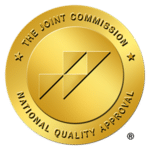Table of Contents
Neurofeedback therapy at West Georgia Wellness Center in Atlanta provides a unique approach to enhancing brain functions, allowing individuals to achieve more conscious control over certain cognitive processes. This treatment has proven beneficial for those grappling with anxiety, depression, ADHD, and other mental health conditions.
For those feeling overwhelmed by addiction, understanding all available therapeutic options is vital. In Atlanta, our specialized neurofeedback treatment for addiction targets the very core of the issue: the brain. Addiction deeply impacts brain functions, so addressing it at its source is logical. This non-invasive, drug-free therapy can significantly bolster recovery, increasing the likelihood of prolonged abstinence from substances.
What is Neurofeedback Therapy?
Neurofeedback therapy, also known as EEG biofeedback or Neuro Therapy, offers a unique brain training experience. By utilizing electroencephalography (EEG), this noninvasive method measures and displays the brain’s electrical activity using small sensors attached to the patient’s scalp. These sensors, designed solely for measuring, neither vibrate nor emit any electricity. The collected data is then visualized on a computer screen. Under the expertise of trained professionals, patients can interpret this information to produce brain waves linked to a calm and relaxed state of mind.
Introduced in the 1960s, neurofeedback therapy has been employed in treating medical conditions like Parkinson’s disease and aneurysms, as well as mental health issues such as anxiety. It’s increasingly being recognized as a valuable tool for those battling addiction. By creating a detailed map of an individual’s brain waves, neurofeedback pinpoints areas of brain dysfunction or damage. This insight allows clinicians to target and assist in healing the impact of addiction on the brain.
What does Neurofeedback Therapy Treat?
Neurofeedback therapy serves as a therapeutic tool for various mental health and health-related challenges. Some conditions that may benefit from neurofeedback therapy encompass:
- Attention-deficit/hyperactivity disorder (ADHD)
- Anxiety-related issues
- Mood disorders, including depression
- Post-traumatic stress disorder (PTSD) and trauma-related effects
- Dual Diagnosis Disorders
- Pain regulation challenges
- Autism spectrum nuances
- Challenges in managing stress
- Sleep irregularities
- Seizure episodes
- Post-stroke effects
- Traumatic brain injuries (TBI)
If you or your loved one is a candidate for Neurofeedback therapy our dedicated team will guide you through our admissions process and help identify the most appropriate care tailored to your needs.
How Does Neurofeedback Therapy Work?
A standard neurofeedback session comprises:
-
Setting Treatment Goals: These are tailored to an individual’s condition and the neurofeedback system being used. For instance, treatment for anxiety might aim to modulate rapid brain wave activity to induce a calmer post-session feeling.
-
Brain Wave Measurement: Electrodes placed on the scalp measure real-time brain waves (via EEG). During this, participants might engage in activities like watching movies or playing video games.
-
Brain Training Through Positive Feedback: The EEG tracks when the brain wave activity aligns with set treatment goals, rewarding the brain with positive stimuli. For an anxious individual, rewards might manifest as an enlarged movie screen or higher game scores when their brain generates more alpha waves and fewer beta waves.
-
Consistent Training: The feedback loop persists, offering the brain countless self-correction opportunities within a single session.
The feedback approach, rooted in the principles of learning theory or operant conditioning, resembles training animals through rewards.
Importantly, neurofeedback does not employ electrical brain stimulation, unlike certain other therapies.
The brain utilizes waves for communication and functionality. Disruptions in these waves can lead to psychiatric or neurological issues. Neurofeedback therapy, a non-invasive technique, addresses these imbalances, promoting holistic healing and enhanced cognitive functions.
Is Neurofeedback Therapy in Atlanta Safe?
Neurofeedback therapy in Atlanta is a noninvasive, safe procedure. A minor potential discomfort may arise from the adhesive used to fix the EEG sensors to the scalp. Prior to the session, our therapists ensure that participants are well-informed about the entire process. This includes a hands-on familiarization with all the equipment, fostering an environment where questions are welcomed and addressed.
When Can You Expect Results from Neurofeedback Therapy?
The timeline for noticing the benefits of neurofeedback addiction treatment varies among individuals. On average, noticeable improvements occur within 3 to 4 weeks. For many, the brain-retraining process solidifies, and the positive changes become long-lasting, with the effects often being permanent.
While some people may only require an initial treatment phase, others might find it beneficial to undergo additional sessions. A thorough assessment by the clinician will help determine an individual’s specific requirements.
How Long Does Neurofeedback Therapy Last?
The journey with neurofeedback therapy begins with an in-depth assessment where the clinician gains insights into a person’s addiction history and sets appropriate treatment goals. Regular sessions, usually held twice a week, typically last around 30 minutes each.
Many participants find these sessions to be a relaxing experience, gaining confidence as they skillfully rewire their brain pathways. One of the prime benefits of this treatment is that it doesn’t rely on medications, allowing individuals to resume their daily activities immediately after a session.
The Benefits of Neurofeedback Therapy in Atlanta, GA
Brain waves, or electrical impulses, play a pivotal role in our daily activities, emotions, and interactions. When these waves become irregular, it can lead to feelings of sluggishness or heightened anxiety. Achieving a balanced brain wave pattern is vital for optimum functionality and well-being.
Neurofeedback is a biofeedback variant that naturally adjusts your brain waves. As you undergo sessions, your brain learns to normalize its oscillations. Imagine watching a movie as we monitor your brain waves. When they’re optimal, you enjoy the movie uninterrupted. But, if they divert from the norm, the movie fades, signaling your brain to recalibrate. Like training a dog to fetch, your brain learns to sustain the harmonized wave patterns, being rewarded for its efforts.
Begin Your Journey with Neurofeedback Therapy in Atlanta, GA
Living with anxiety, depression, PTSD, and other mental health disorders can be profoundly challenging, casting shadows on the quality of life. However, with the right care and support, there’s a brighter path forward. At the West Georgia Wellness Center, we offer neurofeedback therapy in Atlanta among a suite of services tailored to elevate your well-being.
Diverse in its applications, neurofeedback is also an innovative solution for substance use disorders. Neurofeedback therapy in Atlanta, Georgia is non-invasive, free from discomfort, and does not rely on medications.
Contact us today and discover how we can support your journey to a healthier mind and life.

